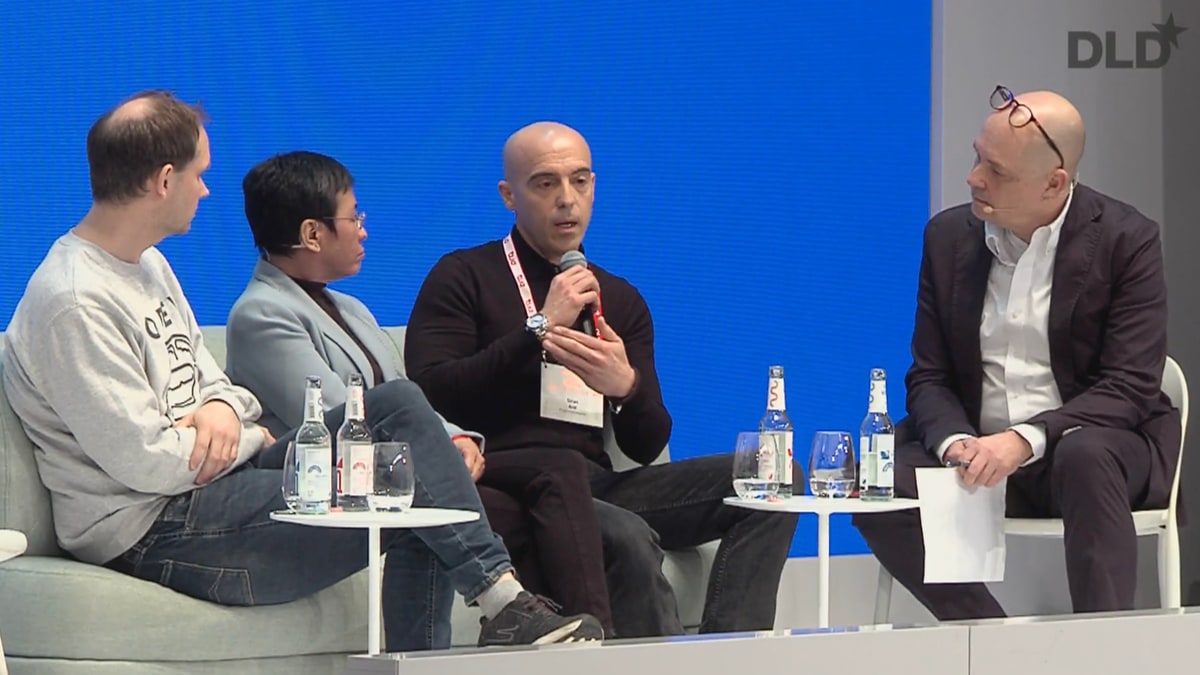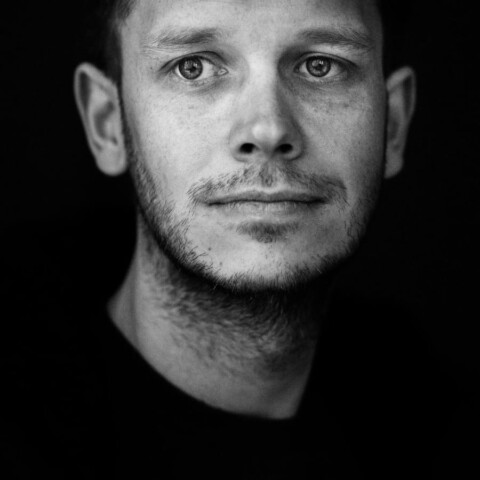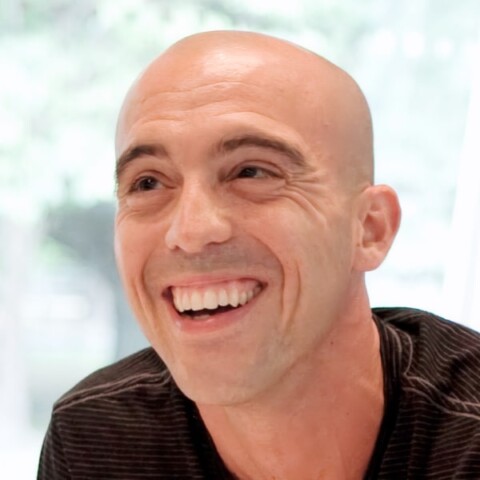What responsibility do social media platforms like Facebook, Twitter and YouTube have when it comes to content moderation, fighting disinformation and protecting democracy?
That’s the core subject of this DLD Munich panel discussion with Maria Ressa (Rappler.com), Sinan Aral (MIT Sloan School of Management) and Peter Sunde Kolmisoppi (Pirate Bay), moderated by Andrian Kreye (Süddeutsche Zeitung).
Ressa compares the challenge of protecting democracy in the age of social media to keeping peace during the Cold War.
“An atom bomb exploded in the information ecosystem”, she says. “And we need to come together because the solution isn’t in one country alone.”
With her investigative reporting platform Rappler, the journalist from the Philippines has become the target of disinformation herself, as she explained in a separate DLD20 talk that preceded this panel discussion.
“Tech is not neutral”, Ressa emphasizes, demanding more accountability from social media platforms. “Those decisions in Silicon Valley leave the worst trails in the Global South, where our democracies are just emerging.”
A core problem with most social media platforms is their design, which rewards users for sharing attention-grabbing content, the panelists agree.
In a groundbreaking study, MIT researcher Sinan Aral and his team found that, on Twitter, false news travels faster than true stories.
“What we discovered was that shock value, novelty was something that really inspires viral spread”, Aral reports. “And false news has a big advantage on the truth in terms of novelty because it’s just made up” – whereas the truth is “constrained by a reality that we can all touch and feel and believe in.”
For Peter Sunde, such problems show that technology giants – and their developers – have become too powerful.
“We have this narrative of the Internet being a democratic institution”, Sunde says. “I believed in this idea that the Internet was for everyone, and it was an open space and only good could come out of it.”
But that was “super naive”, he now believes. “We elected ourselves to control democracy without thinking that we have this responsibility.”
That’s why he tries to raise awareness of the issue whenever he attends a technology conference, Sunde says.
“I always speak about ethics and morality and an ideology and philosophy, because that’s the missing link in technologist education.”
Watch the full session for more insights into this important topic.






